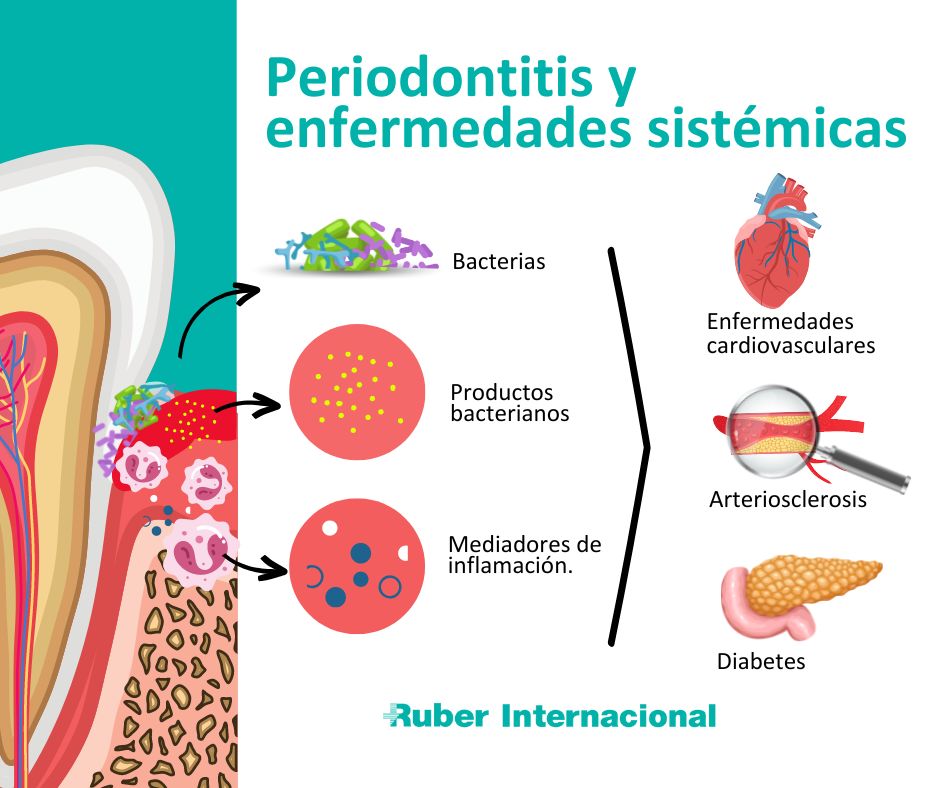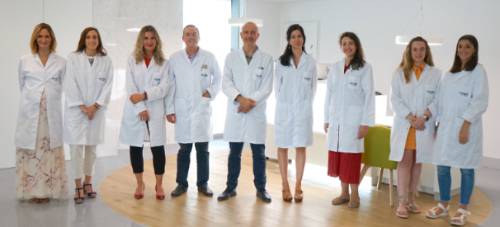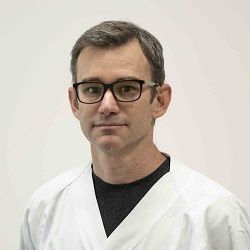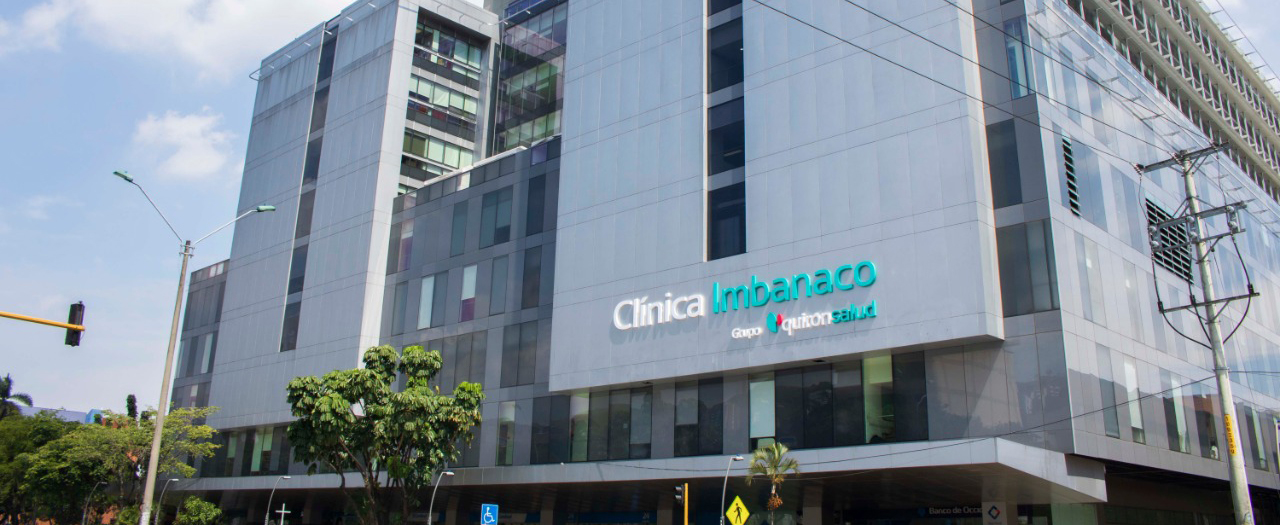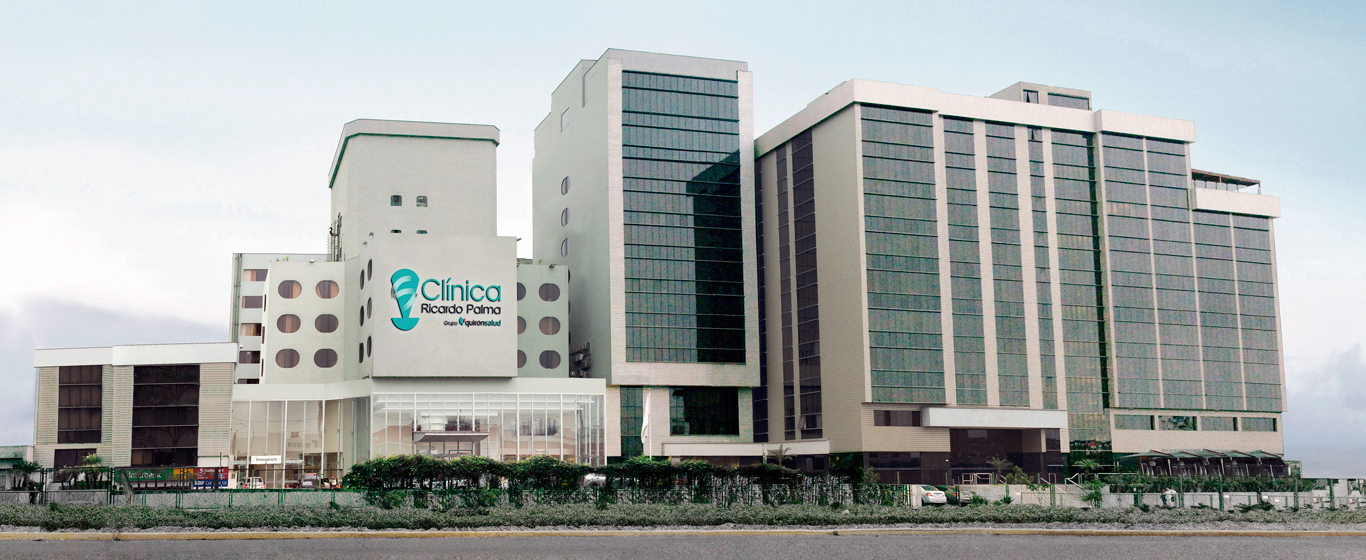Dentistry
We tell you about dentistry and the main dental pathologies. Find out what are the most common treatments, the different areas of this speciality and what the consultation with the dentist involves. Book your appointment at one of our hospitals.
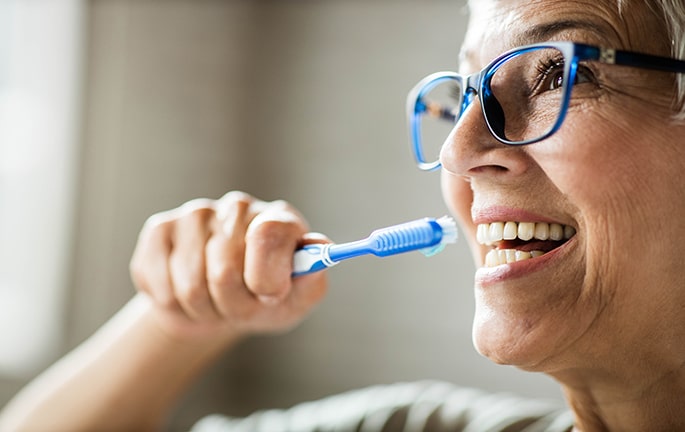
What is dentistry?
Dentistry is the speciality that diagnoses, treats and prevents disorders of the teeth, gums and all oral structures. One of its main goals, in addition to treatment, is prevention, which is why it focuses to a great extent on educating patients on good habits.
What does dentistry study?
Our dentistry units focus on oral health and take into account both aesthetic and functional aspects.
There are many areas of action for our dentists depending on the pathologies to be treated and the needs of each patient. For this reason, Quirónsalud dentists specialise in seven main areas:
- Orthodontics unit: responsible for correcting the position of the teeth to facilitate chewing or to improve appearance.
- Periodontics unit: takes care of the structures that support the teeth (gums and alveolar bone).
- Conservative dentistry unit: uses restorative techniques to repair damaged teeth without the need for extraction.
- Dental aesthetics unit: aimed at improving the appearance of teeth so that patients have a balanced, beautiful smile.
- Paediatric dentistry unit: treats conditions affecting the teeth and gums of children up to the age of 14. This unit monitors the milk teeth and the replacement process until patients get their permanent teeth.
- Dental surgery and implantology: extracts damaged teeth and replaces lost teeth with osseointegrated implants.
- Prosthodontics unit: carries out all types of dental prostheses, whether fixed or removable and those attached to implants, so that the patient can recover physiological function.
Which patients is it for?
People often think that dentists only treat conditions affecting permanent teeth. However, we also treat patients with primary or baby teeth, and therefore this speciality treats people of all ages who need care to correct a dental problem or to improve their appearance.
Techniques, procedures and diagnostic methods
At Quirónsalud we have evolved considerably in recent years in dental procedures to offer you precise diagnoses and specific techniques that reduce recovery time. Some of the most commonly used dental treatments include:
- Tooth whitening: aesthetic procedure to lighten the colour of teeth and remove stains with the use of LED light technology.
- Endodontics: conservative technique to devitalise the nerve of a tooth to prevent pain caused by trauma, fracture or caries.
- Dental veneers: involves the placement of thin sheets of porcelain or composite resins to cover teeth and improve their appearance in terms of shape, position and colour.
- Invisible braces: one of the most popular techniques for the repositioning of teeth; it involves the use of transparent aligners that are barely visible and are more comfortable than conventional braces. Dentures: used to replace teeth that have been lost to recover chewing function and improve appearance.
Diseases and symptoms
Main pathologies and diseases
The diseases most often treated at the dentistry consultation include:
- Herpes simplex labialis
- Periodontitis
- Gingivitis
- Aphthae
- Caries
- Pyorrhoea
- Halitosis or bad breath
- Dental sensitivity
- Open bite
- Overbite
- Dental malocclusion
Related symptoms
Symptoms that are related to dental disease include:
- Swollen gums
- Toothache
- Infected gums
- Bleeding gums
- Gum pain
- Broken teeth or molars
- Worn teeth
- Pain in the temporomandibular joint
- Difficulty chewing
About the dentistry consultation
We solve any doubts you may have before you see the specialist
At Quirónsalud we recommend that you visit your dentist every year for a check-up. In the case of pregnant women, seeing a dentist is paramount, as during pregnancy teeth become weaker and the gums become inflamed. You should also see a dentist when there are clear signs of dental disease such as bad breath, pain or bleeding.
What should you keep in mind?
During the appointment, the dentist takes your dental history and will ask you about the reasons for your visit. They will then carry out an examination to assess the condition of your teeth and gums and, often an X-ray of the entire mouth (orthopantomography) to make a general assessment of the condition of the inside of all your teeth and jaw.
What should I take to the appointment?
We recommend that you come to the appointment with a list of symptoms and the results of any tests that have been carried out previously. If you are interested in an aesthetic treatment, it is useful to clearly state your expectations and even bring photographs of what you want.
You will be required to complete a questionnaire before your appointment with information about your medical history, usual medication and other specific questions that will allow us to anticipate certain aspects of your consultation, helping us expedite your treatment and offer you a more personalised care. To do this, we recommend that you download the free Quirónsalud Patient Portal application, which will facilitate communication with your healthcare team.

If you have any further questions, please contact us through the Patient Services telephone number: 900 301 013



